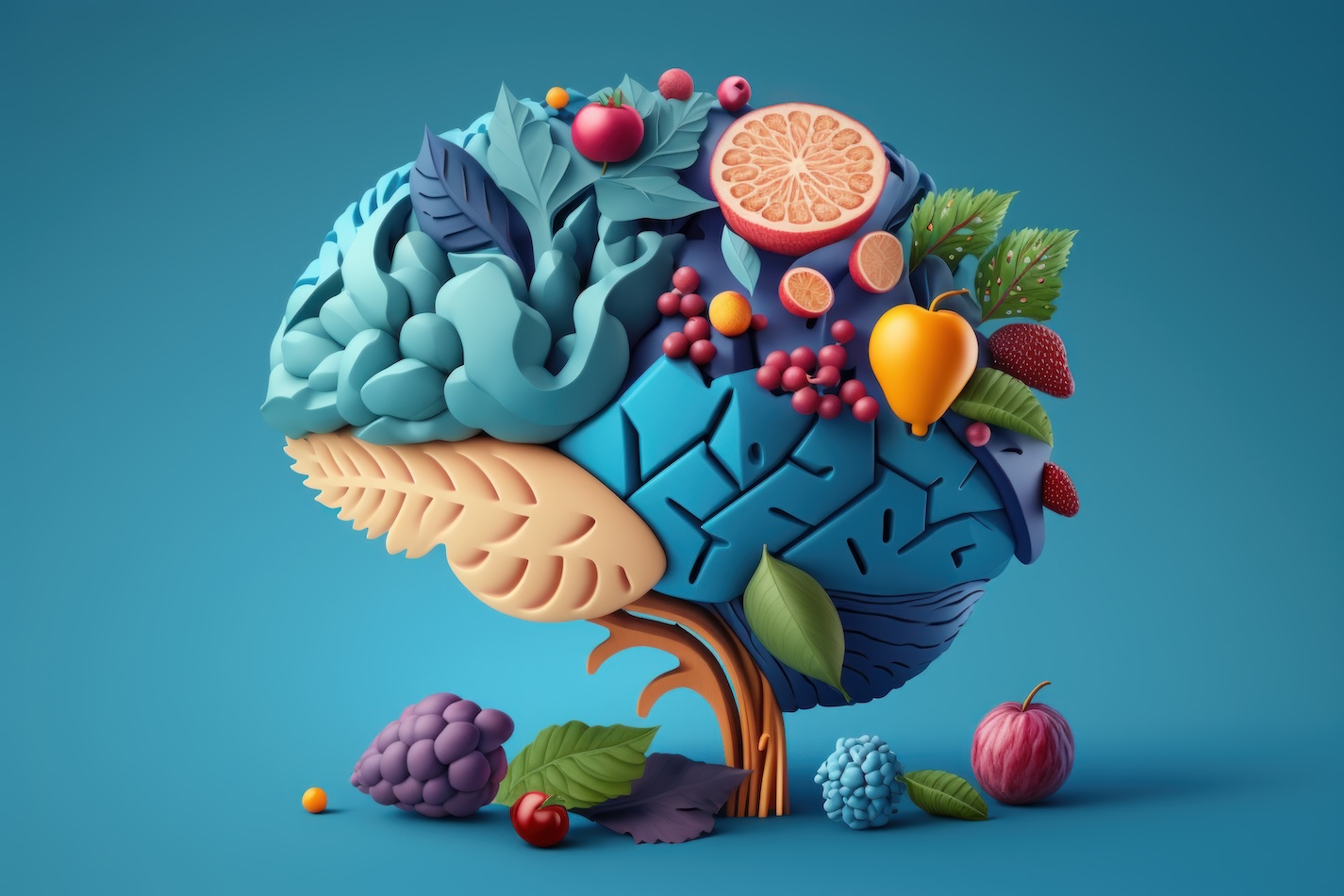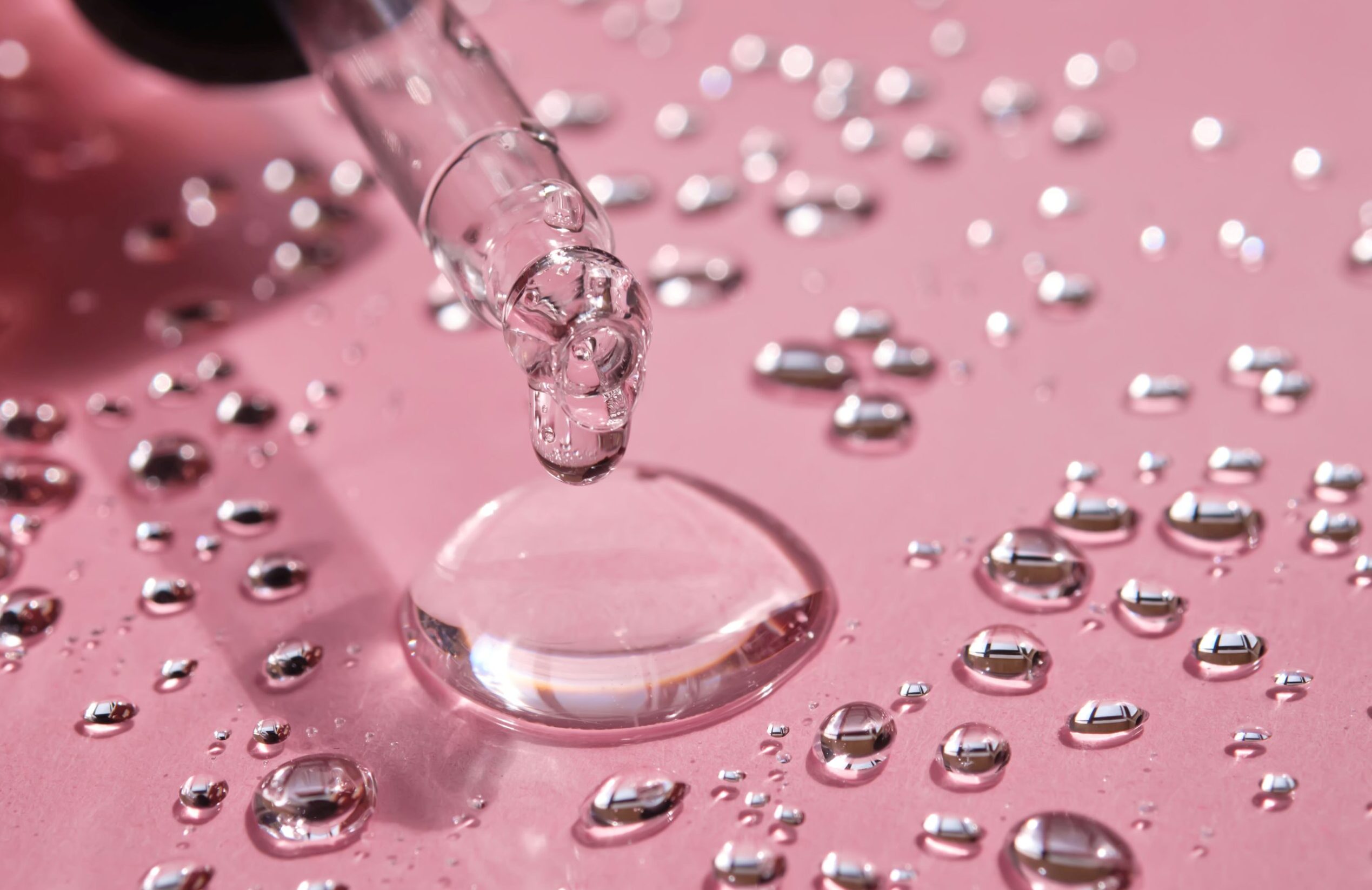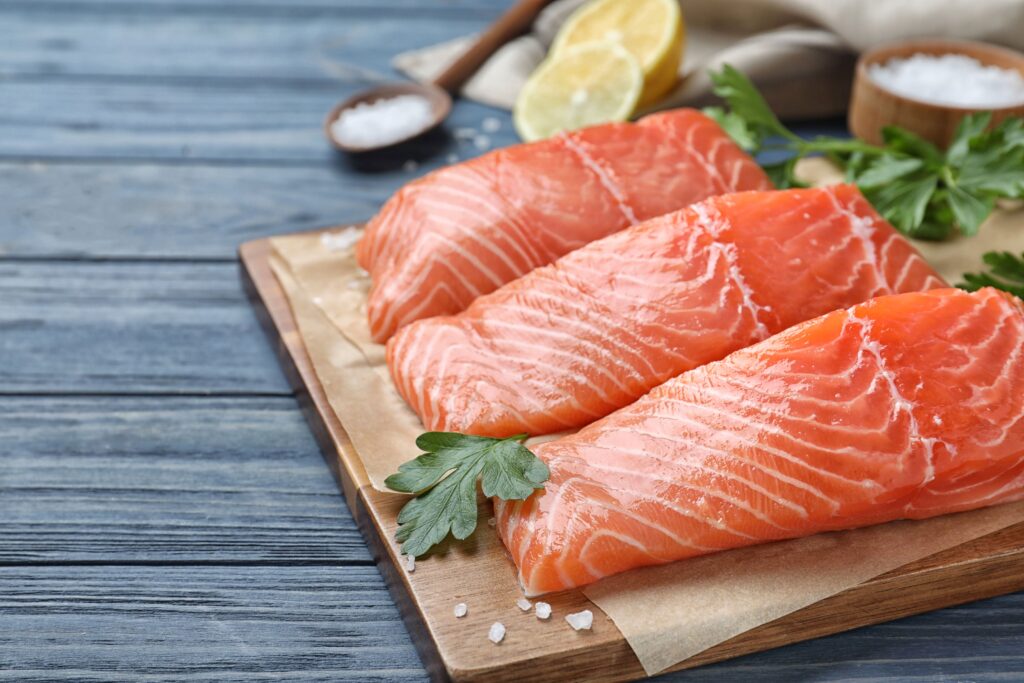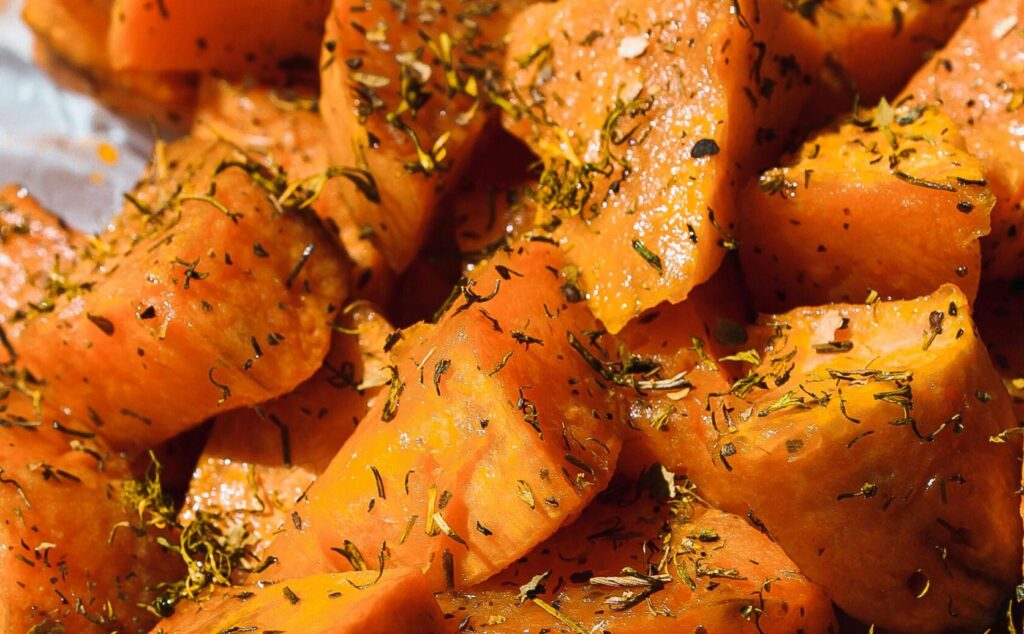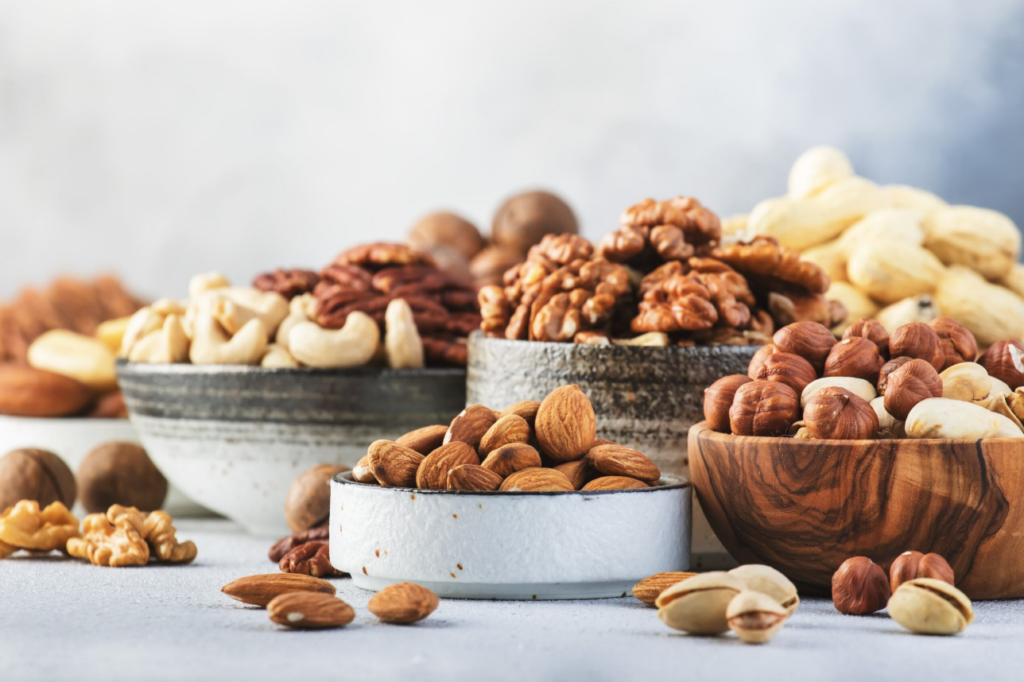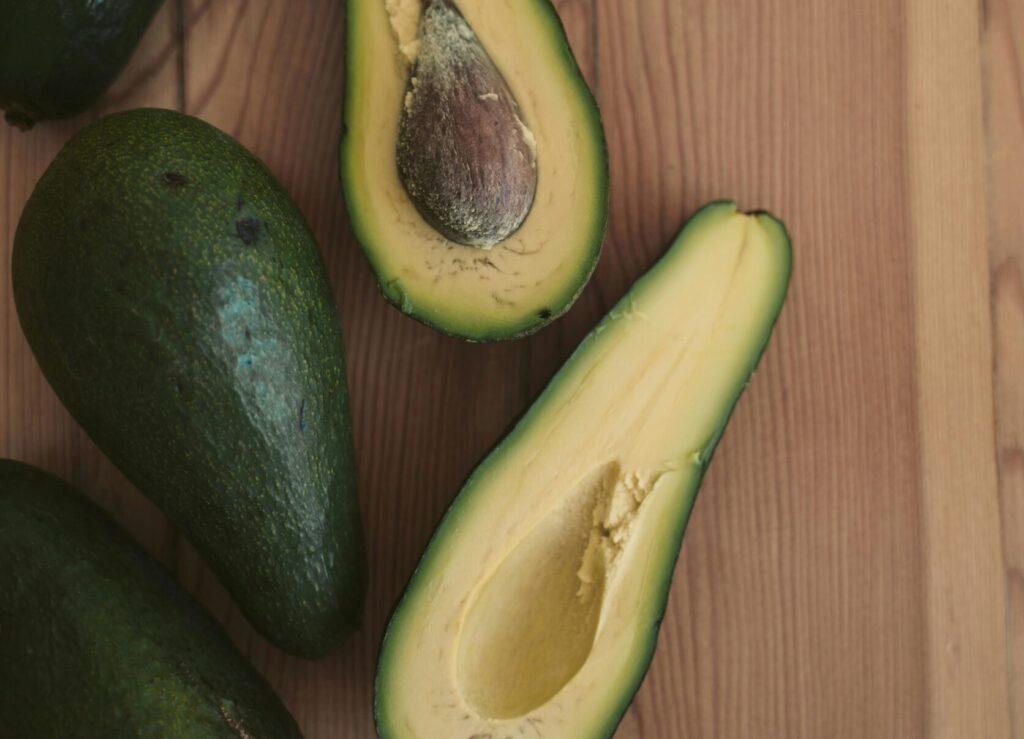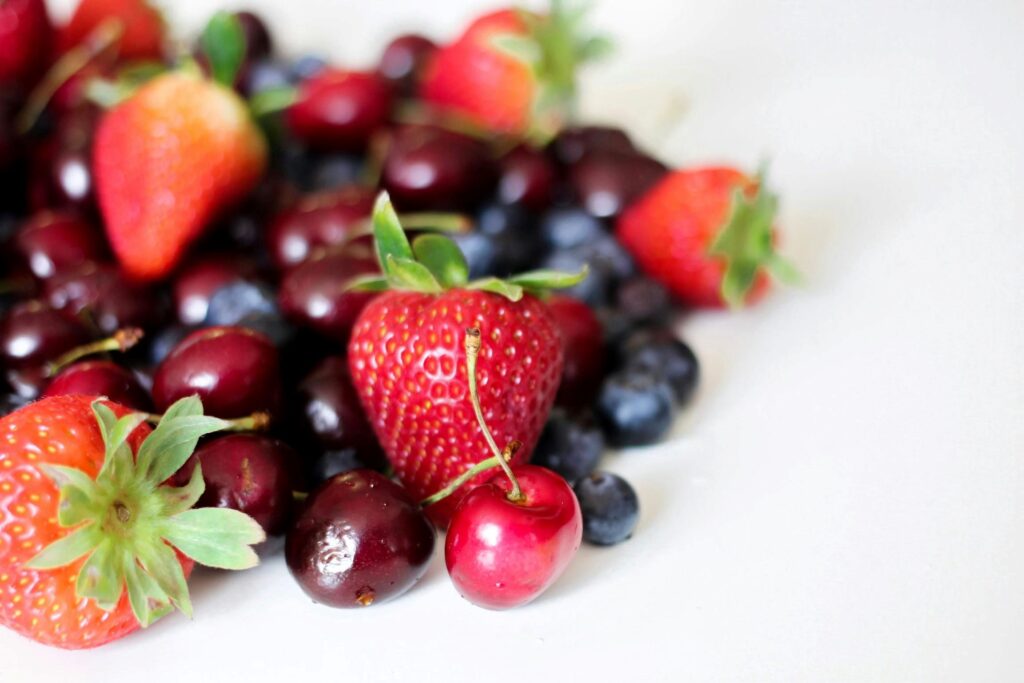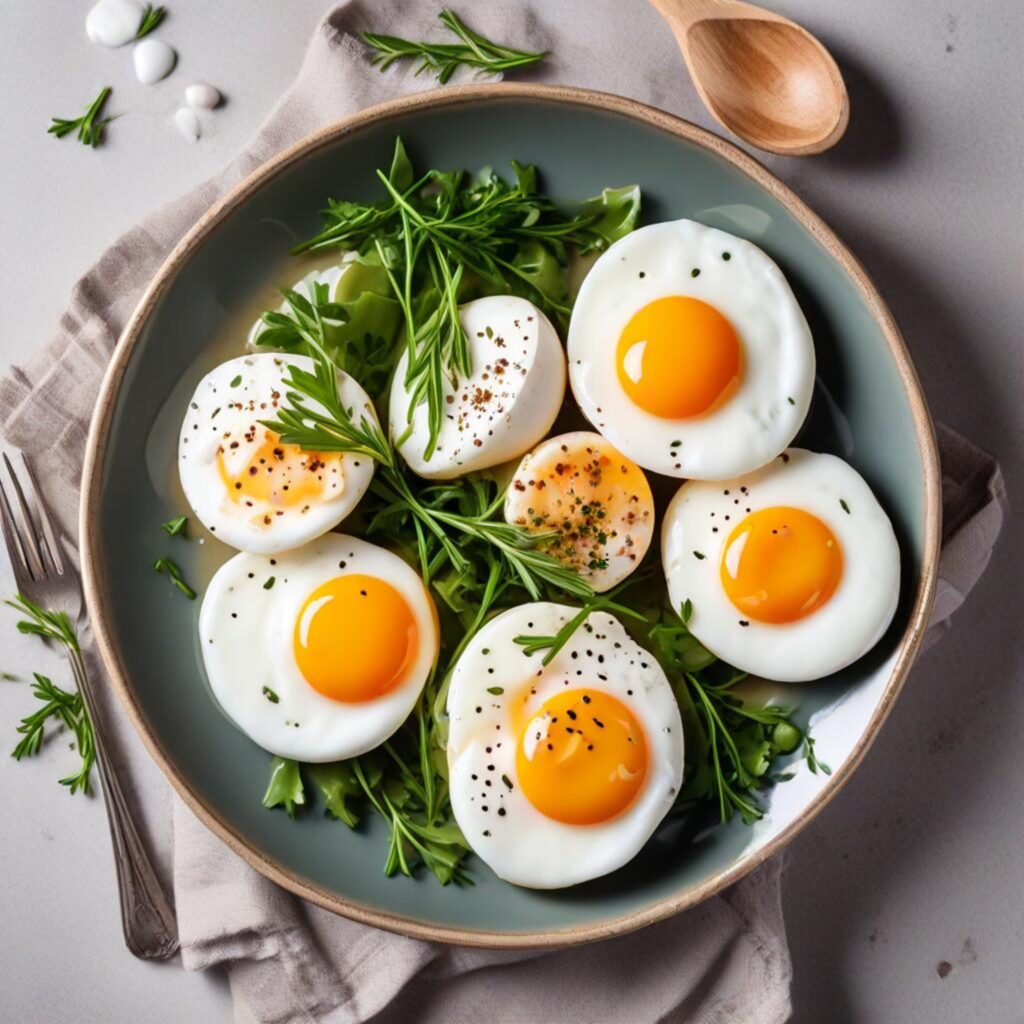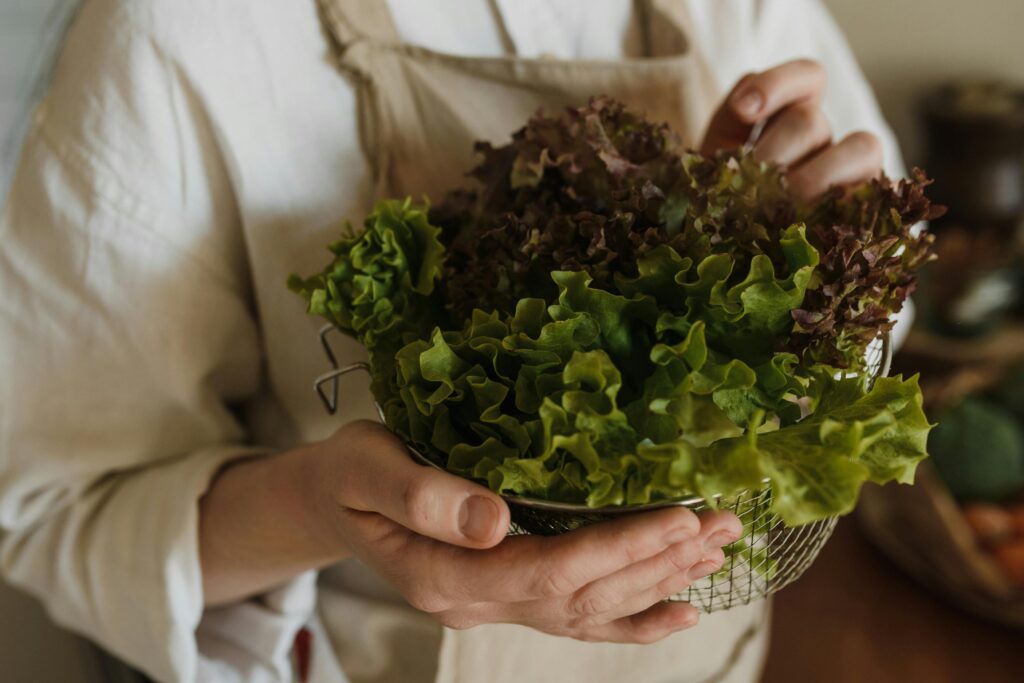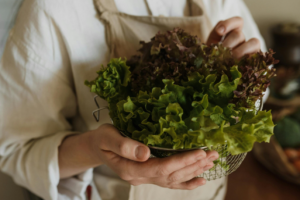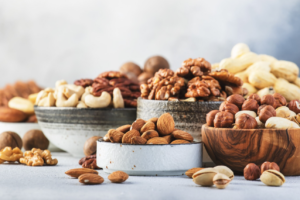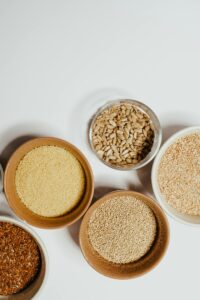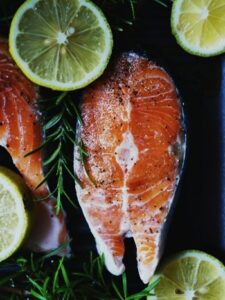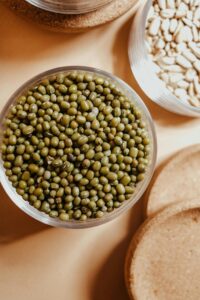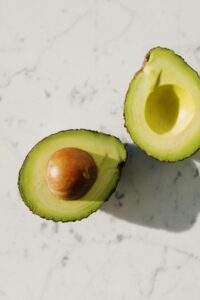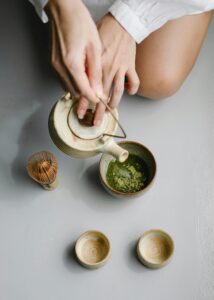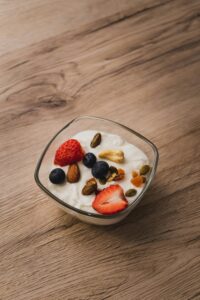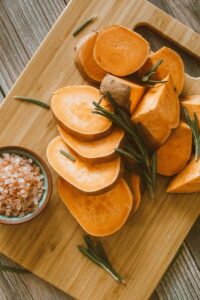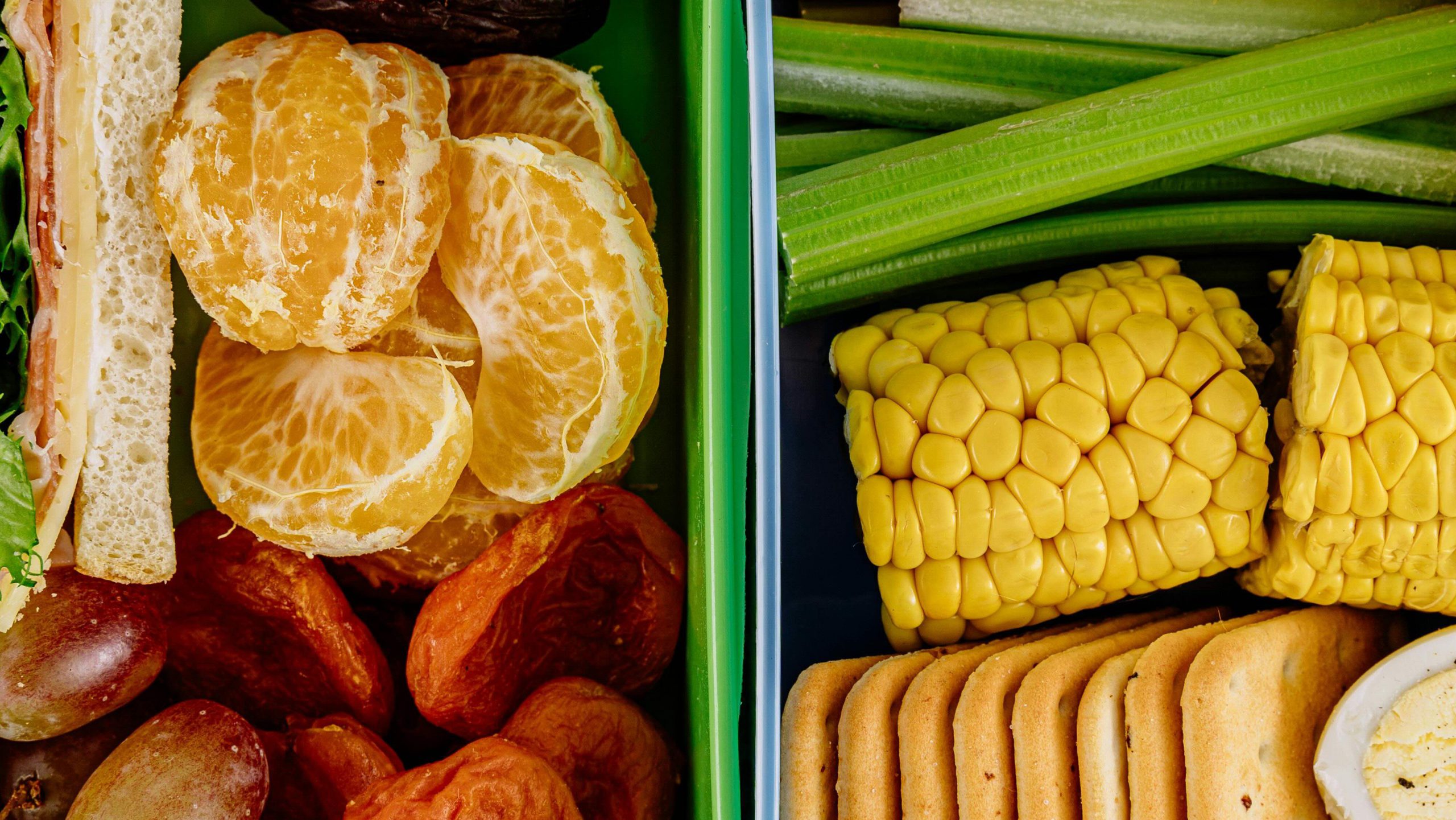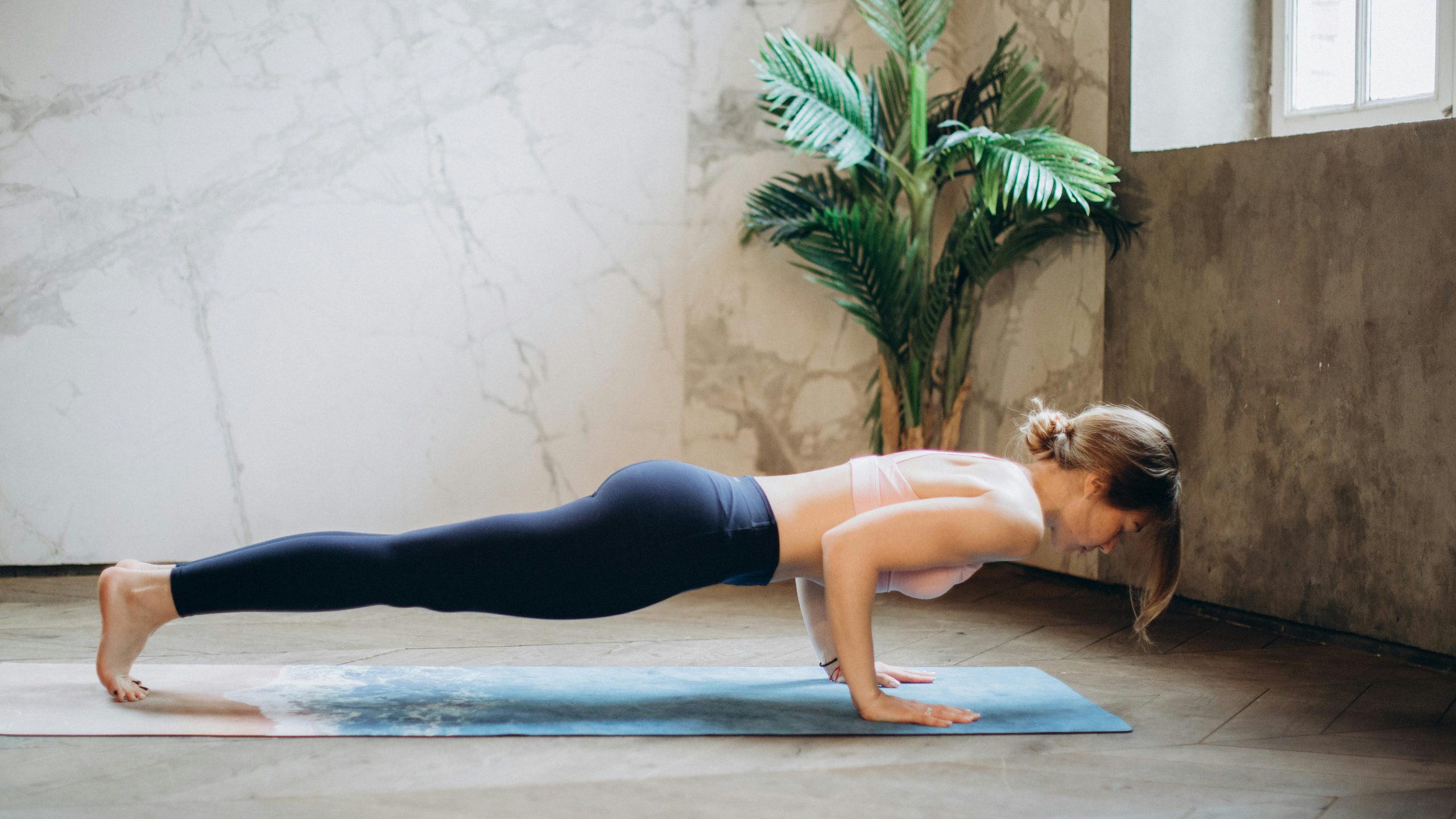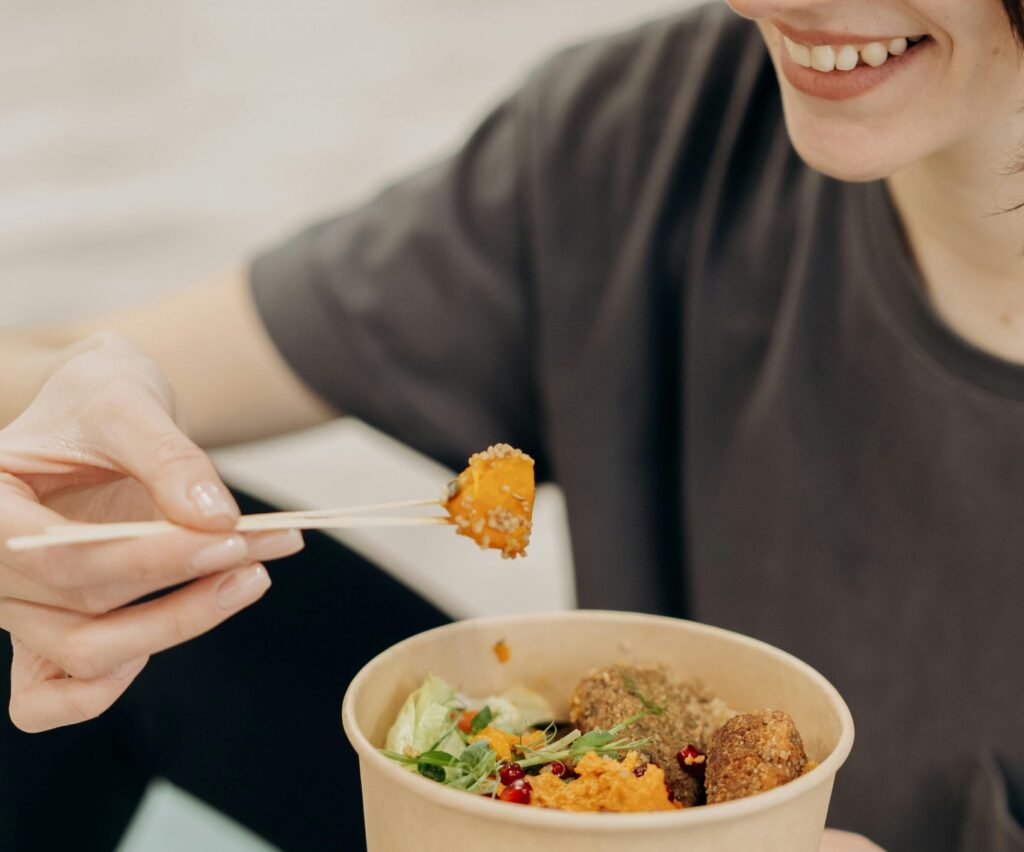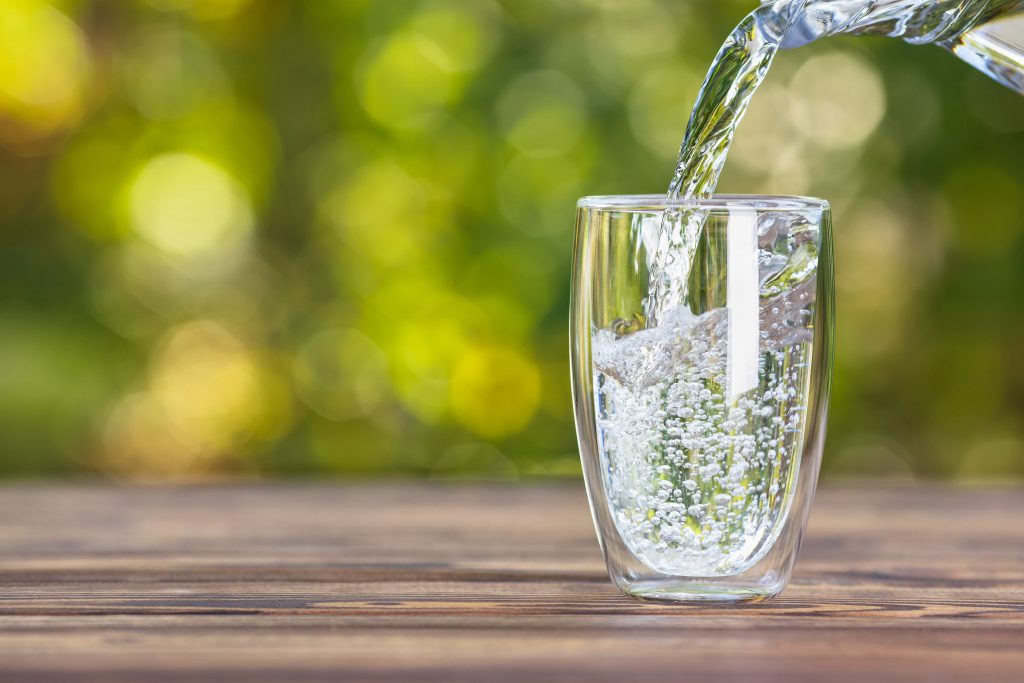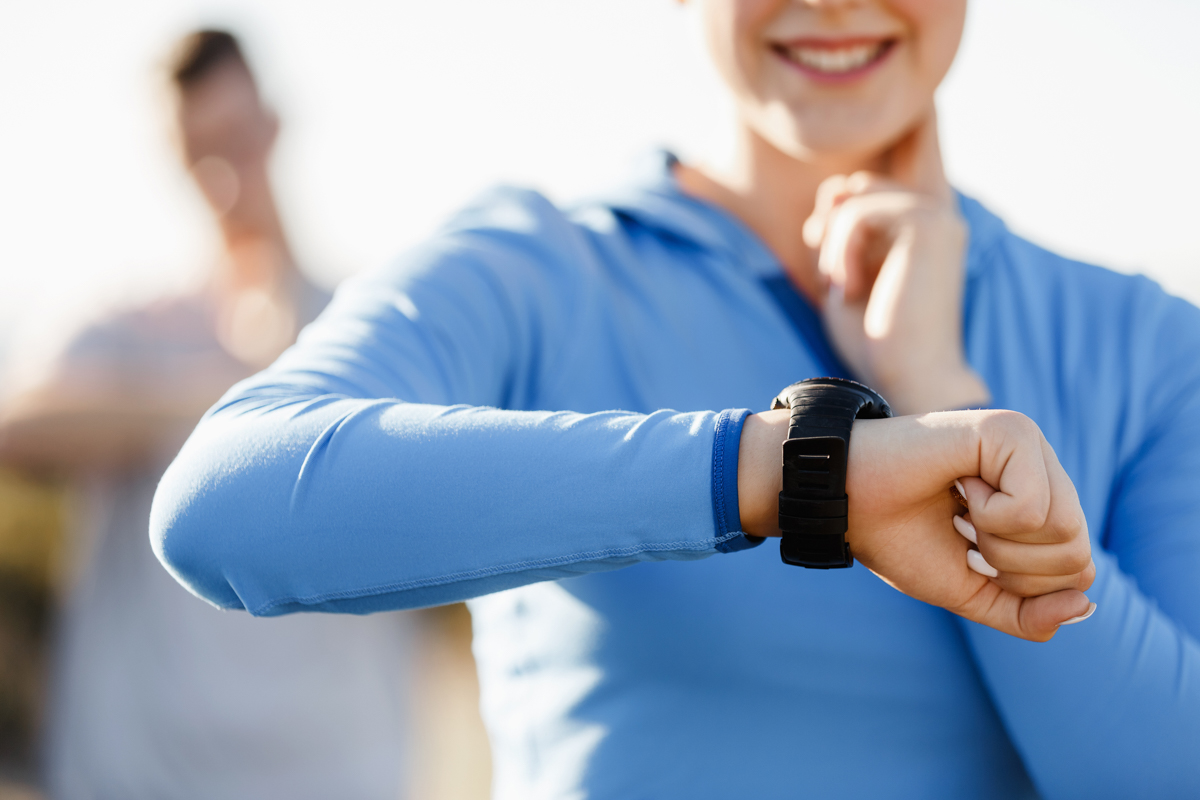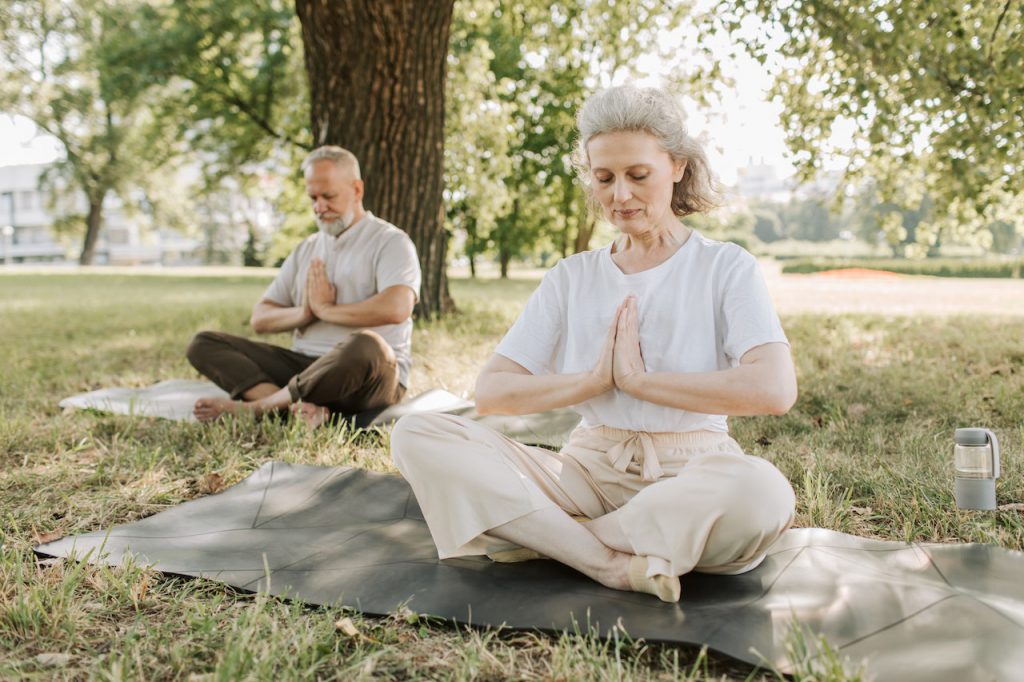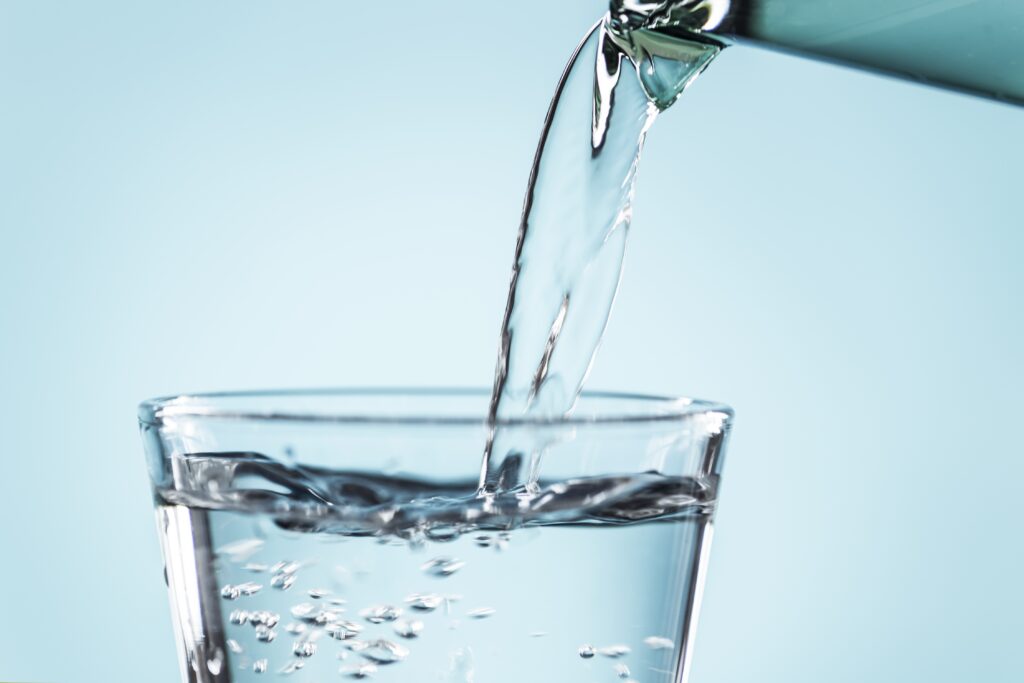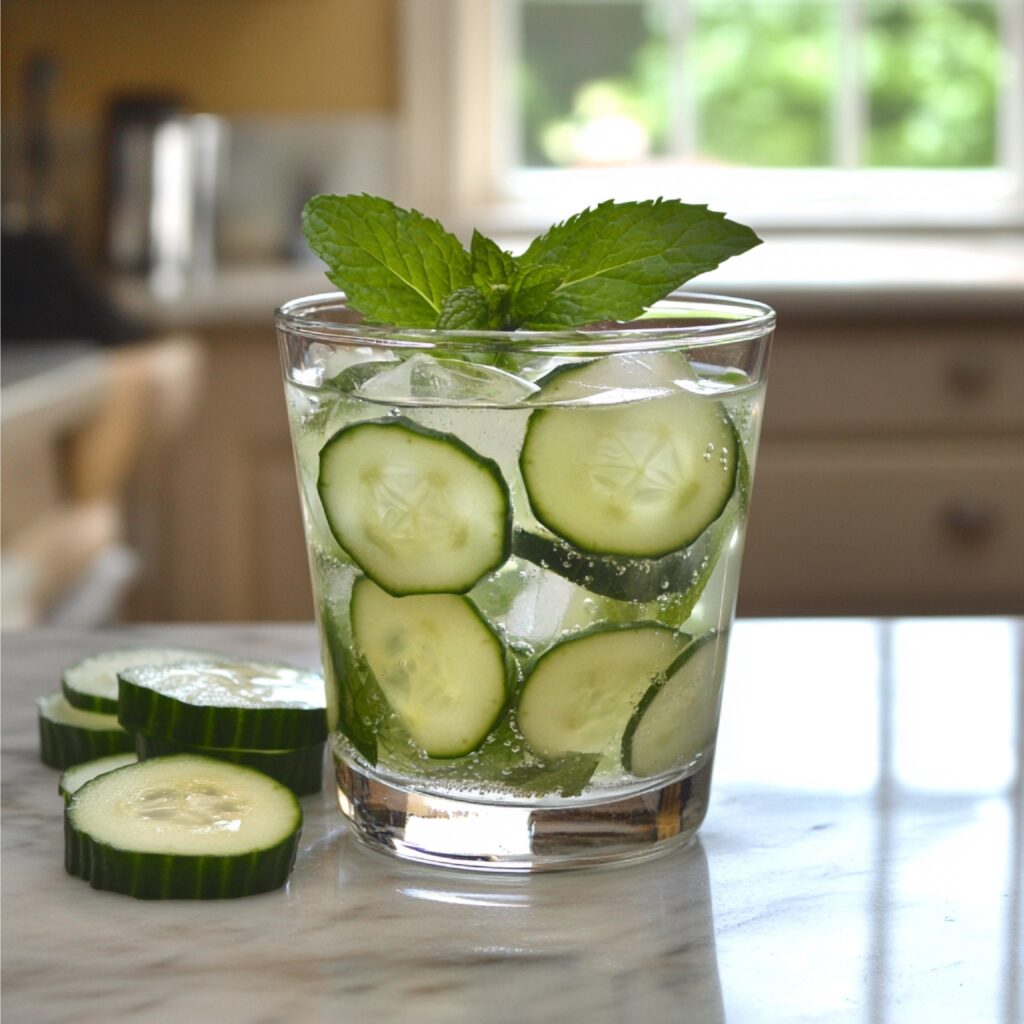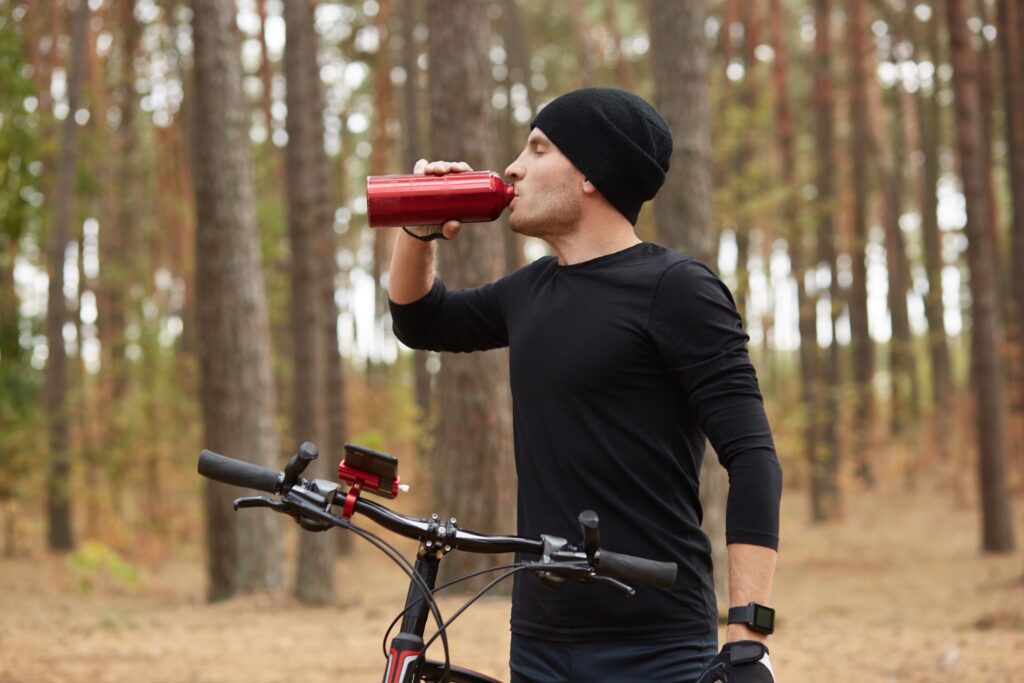Your brain has a big job. It is the control center for your entire body and hard at work 24-7, in charge of everything from your thoughts to your breathing to your heart rate and sleep. All of this hard work means your brain is hungry for nutrition. It needs plenty of fuel and certain vitamins, minerals, and antioxidants to stay healthy, focused and sharp. If you’d like to keep your brain in peak working condition, these nutrients may help.
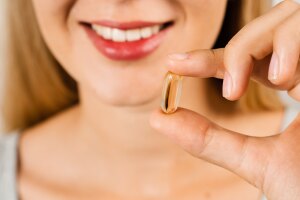
- Omega-3 Fatty Acids: Omega-3 fatty acids are at the top of the list when it comes to staying on top of brain health. Fat makes up almost 60% of your brain, half of which are omega-3’s. Your brain uses omega-3s to build brain and nerve cells, and these fats are essential for learning and memory. Research shows Omega-3s may slow age-related mental decline and help prevent Alzheimer’s disease.
- B Vitamins: The B complex vitamins are crucial for supporting healthy brain function. They may help prevent dementia and boost the production of neurotransmitters – chemicals that deliver messages between neurons in the brain and body. Without a steady supply of B vitamins, which the body doesn’t store, we are at higher risk for cognitive decline, including memory loss and diseases such as Alzheimer’s.
- Magnesium: Magnesium plays a pivotal role in brain health. A growing body of evidence suggests that maintaining proper levels of magnesium supports brain health and that low magnesium consumption is associated with higher risk of cognitive impairment and dementia.
- Vitamin D: Though called the sunshine vitamin, vitamin D is actually a hormone, and is essential for brain health. It may help you maintain a positive mood by helping brain cells produce mood-regulating neurotransmitters such as dopamine and serotonin. Deficiency is linked to many conditions including dementia, depression, autism and schizophrenia.
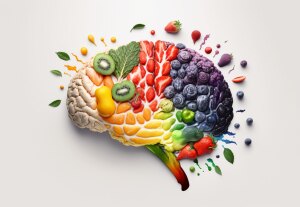
- Phosphatidylserine (PS): Phosphatidylserine, a phospholipid, plays a crucial role in cell membrane structure and function. Although it occurs naturally in every cell in the body, it is found in particularly high concentrations in the brain. Studies suggest supplementing with PS can help protect brain health, lower risk of diseases like Alzheimer’s and Parkinson’s disease, and improve cognitive function by reducing inflammation in the brain.
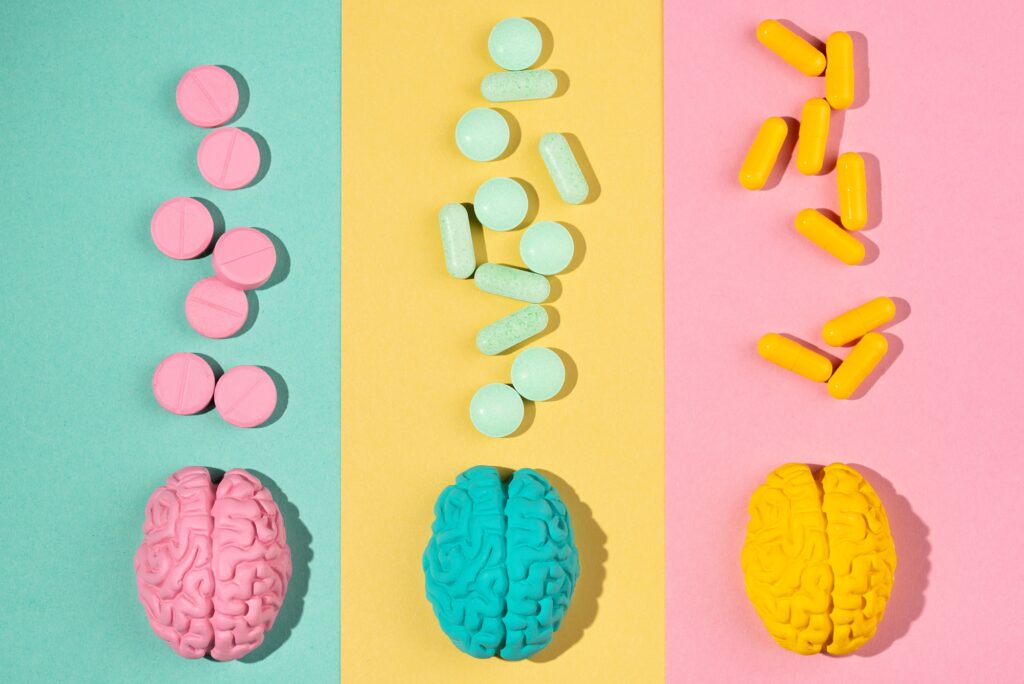
- Turmeric: Turmeric, the spice that gives curry its characteristic yellow color, has been used in India for thousands of years as both a spice and medicinal herb. Research shows that curcumin may help improve memory, mood, and attention span. Curcumin, the active ingredient in Turmeric, is thought to potentially reduce the risk of Alzheimer’s by fighting inflammation, free radicals, and the protein plaques associated with the disease.
- L-Theanine L-theanine is anmino acid found in both green and black teas and also can be taken as a dietary supplement. L-theanine acts on the central nervous system to help reduce symptoms of stress and anxiety and is linked to improvement in mental performance and focus, as well as reduced symptoms of depression and cognitive health. Probiotics and Prebiotics
- Probiotics: The gut has been called a “second brain” because it produces many of the same neurotransmitters as the brain does, like serotonin, dopamine, and gamma-aminobutyric acid, all of which play a key role in regulating mood. Research is ongoing, but some studies have found that probiotics may help boost mood and cognitive function and lower stress and anxiety.

- Lutein: Lutein, a member of the carotenoid family found concentrated in the retina of the eye, (along with another carotenoid, zeaxanthin) is known for its benefits in eye health, however it has been shown to have beneficial effects on brain function and brain structure in older adults. Research indicates that a high dietary intake and high circulating levels of lutein are associated with both better cognitive performanceand enhanced memory.
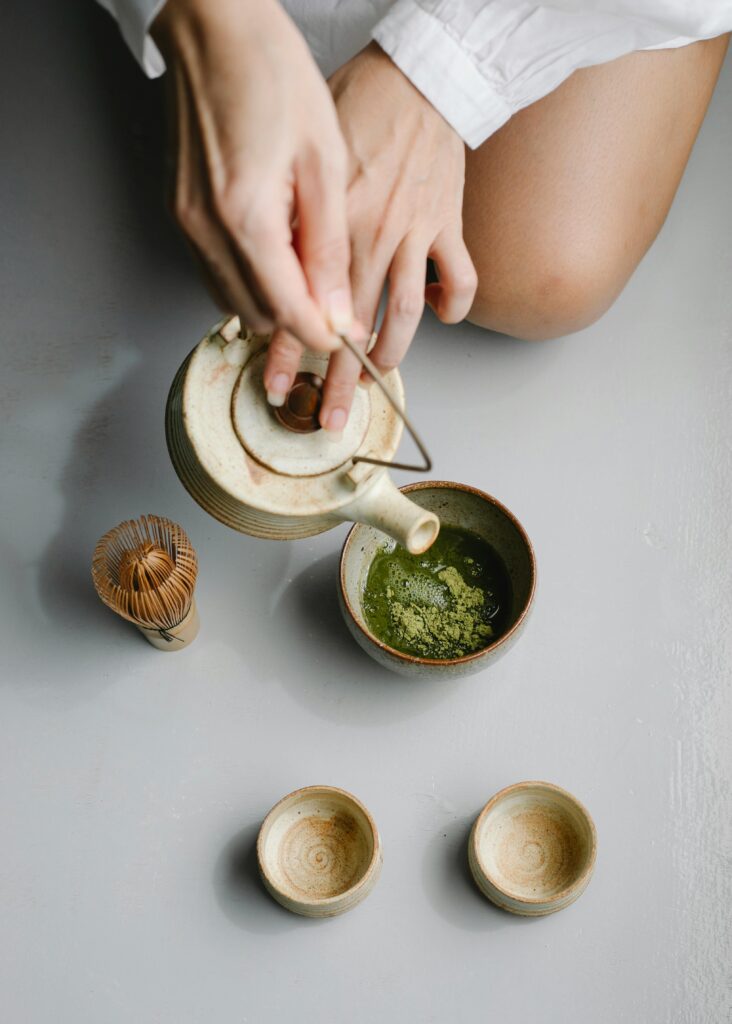
- Green tea: Just like black tea, green tea is made from the leaves of the Camellia sinensis plant, however green tea is processed differently. Research shows it may benefit cognition, mood, and brain function, possibly due to it’s high antioxidant content and compounds like caffeine and L-theanine. A 2020 study also suggested that green tea is linked with a 64% lower chance of cognitive impairment in middle-aged and older adults.
